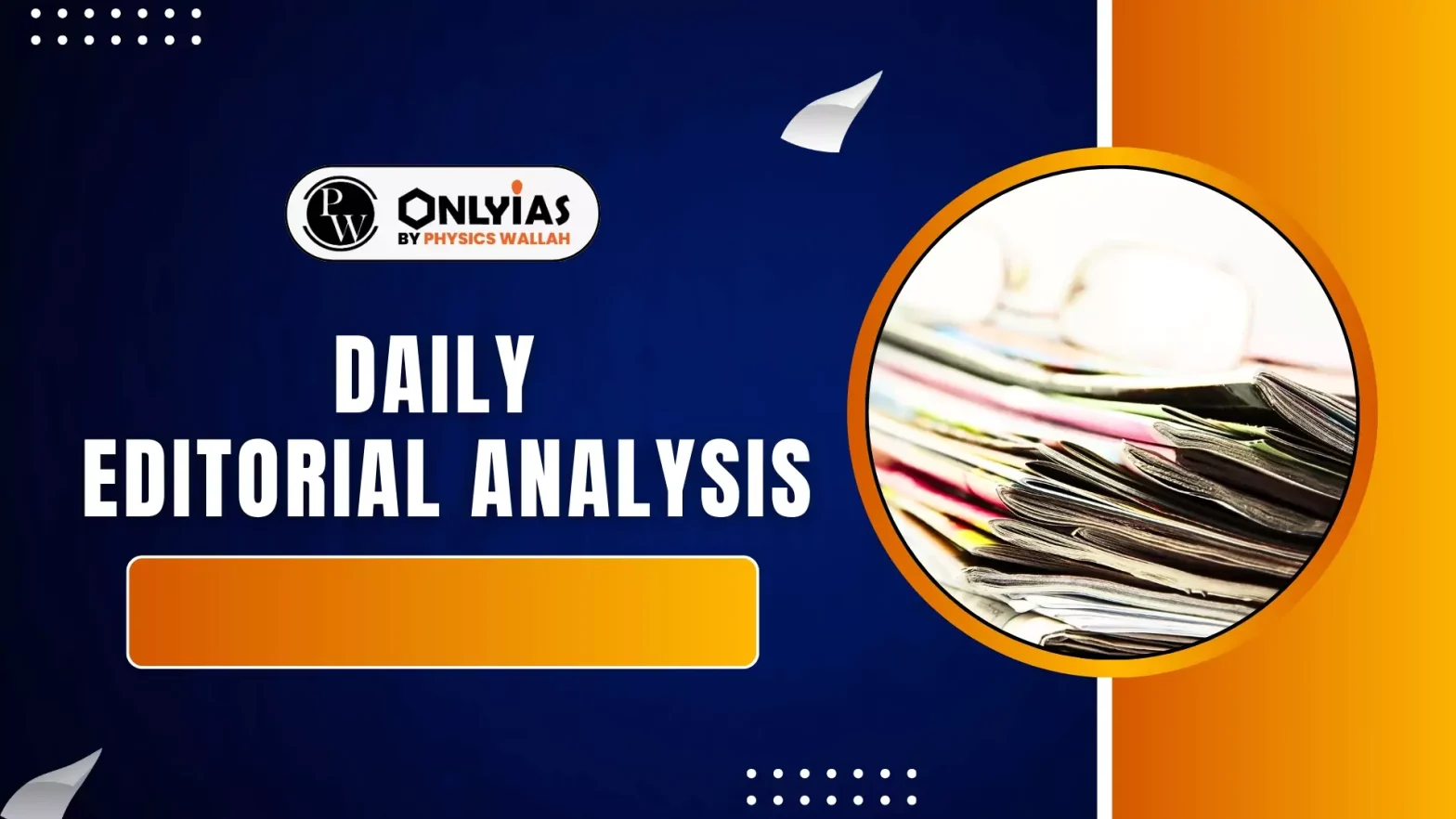The Finance Minister recently introduced a proposal in Parliament to allow tax authorities to access an individual’s “virtual digital space” during search and seizure operations under the Income-Tax Bill, 2025,.
Existing Framework of Income Tax
- Under Section 132 of the Income-Tax Act, 1961, search powers are limited to physical spaces (house, office, locker).
- These are triggered by suspicion of undisclosed income or assets, directly tied to physical financial evidence.
Key Provisions of the Income Tax Bill 2025
- The Income Tax Bill 2025 seeks to expand the scope of search and seizure powers to include the virtual digital space of taxpayers.
- The definition of “virtual digital space” within the bill is extremely broad.
- It encompasses:
- Emails and email conversations
- Personal cloud drives (e.g., Google Drive, Dropbox) storing photos and documents
- Social media accounts (e.g., Facebook, Instagram, Twitter) including posts and chats
- Digital application platforms that track purchases and payments
- Any other online accounts created by an individual, even including matrimonial sites
- It still remains unclear though how this power will be operationalised in practice particularly in cases involving encrypted messaging apps such as WhatsApp.
Concerns and Criticisms
- Privacy Violations: The digital space is not limited to financial information; it contains highly sensitive and personal data.
- Accessing a taxpayer’s entire digital life, including intimate pictures shared on social media or messaging apps, constitutes a major intrusion into privacy.
- Third-Party Exposure: The digital world is interconnected. When a taxpayer’s account is accessed, the privacy of multiple individuals (friends, family, partners) whose information is linked to or stored on that account will also be affected.
- This constitutes an exposure of third-party data.
- Overreach and Misuse of Power: The broad powers could be misused by the government.
- For instance, a journalist who reports critically against the government could face an income tax raid, allowing authorities to access their phone and discover their sources, thereby threatening press freedom and professional confidentiality.
- The Supreme Court has recognized this risk, issuing guidelines in 2023 for the seizure of digital devices due to the serious nature of the matter. The Court emphasized that searches should only occur when there is “reason to believe” based on concrete evidence, not mere suspicion.
- Lack of Judicial Oversight: There is no requirement for judicial permission or a warrant from a judge before tax authorities can access a person’s digital space.
- This grants unlimited power to authorities without sufficient oversight.
- Violation of Privacy Principles (Puttaswamy Case): Legal experts argue that the bill may violate the principles established in the Puttaswamy case, a landmark Supreme Court judgment that declared privacy a fundamental right. Any state action that infringes on privacy must pass four-fold test:
- Legitimate Aim: The government’s purpose must be legitimate (e.g., stopping tax evasion), which might be conceded here.
- Necessity: The action taken must be necessary.
- Proportionality: Be proportionate in scope and impact.
- Least Intrusive Means: The chosen method must be the least intrusive available.
- Critics argue that searching an entire mobile phone or digital life is the most intrusive, not the least intrusive, method, thereby failing this critical test.
Global Precedents
- Canada: Section 8 of the Charter of Rights and Freedoms guarantees protection against unreasonable search and seizure.
- It requires prior authorization, approval by a neutral judicial authority (a judge), and reasonable and probable grounds (concrete evidence) for any search.
- United States: The Taxpayers Bill of Rights, adopted by the Internal Revenue Service affirms that the rights of taxpayers are protected, and enforcement actions are not meant to be excessively intrusive.
- In the landmark case of Riley v. California, the Supreme Court ruled that a warrant is required to access data on a mobile phone due to the vast amount of personal information it contains.
Way Forward
- Narrowing the Definition: The definition of “digital virtual space” must be narrowed down.
- Searches should be specifically limited to financial data and relevant information, excluding personal communications or unrelated digital content.
- The current “any space of similar nature” clause is overly broad.
- Mandatory Judicial Warrant: It is imperative to make a judicial warrant mandatory for every digital search.
- This would introduce an essential layer of oversight and prevent arbitrary access to private data, aligning with practices in countries like the USA and Canada.
- Disclosure of Reasons: Tax authorities must be required to disclose the reasons for a digital search to the individual whose space is being accessed.
- Mechanism for Redressal: A clear redressal mechanism must be established. If individuals believe their privacy has been unlawfully violated during a digital search, they must have a way to file a complaint and seek remedy.
Conclusion
A balanced approach is essential, ensuring that tax enforcement is effective while upholding the constitutional rights and privacy of every citizen.
![]() 30 Jun 2025
30 Jun 2025

